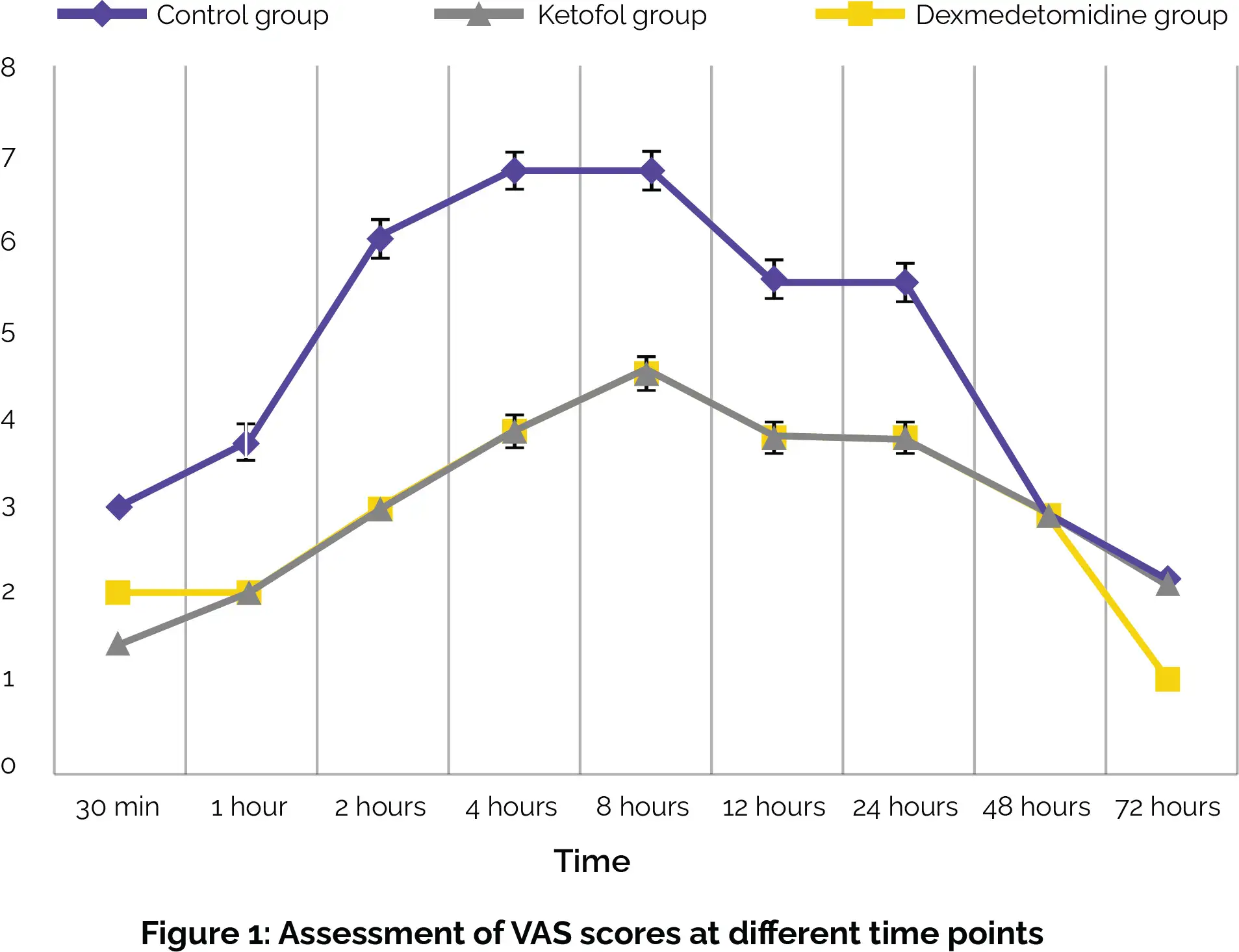Categories
Change Password!
Reset Password!


Ketofol is as efficient as Dexmedetomidine in lessening postoperative delirium and pain in geriatrics scheduled for immediate intestinal obstruction surgery.
A recent study in 'BMC Anesthesiology' uncovered that Ketofol holds its own potential against Dexmedetomidine, proving equally effective in minimizing postoperative delirium, offering pain relief, and ensuring sedation in older patients undergoing intestinal obstruction surgery. This randomized controlled trial by Shereen E Abd Ellatif et al. compared Ketofol (propofol-ketamine mixture) and Dexmedetomidine (a selective alpha 2 agonist) effectiveness in reducing postoperative delirium in geriatric patients undergoing surgery.
In this prospective, double-blinded study, a total of 120 older patients (aged ≥ 60 years old) undergoing urgent exploration for intestinal obstruction were included. Volunteers were randomly allocated to one of the following groups:
The main focus was on determining the occurrence of postoperative delirium. The secondary focus was on the frequency of emergence agitation, post-surgical pain, use of rescue opioids, hemodynamic changes, and adverse effects (side effects), if any. At all specified time points, the occurrence of postoperative delirium was statistically considerably lower in Group D and Group K compared to Group C. Also, the visual analogue scale (VAS) scores remarkably decreased in these groups than the control group at all-time points, apart from at 48 hours and 72 hours after the surgery, where the values of the 3 groups were similar, as shown in Figure 1:

The presence of emergence agitation and the administration of high-dose prescription opioids after surgery emerged as noteworthy predictors for the progress of postoperative delirium, both at the 2-hour mark and during the evening of the first day after the surgery. Thus, Ketofol is a promising alternative to Dexmedetomidine in alleviating postoperative delirium and pain for elderly patients with intestinal obstruction.
BMC Anesthesiology
Ketofol versus Dexmedetomidine for preventing postoperative delirium in elderly patients undergoing intestinal obstruction surgeries: a randomized controlled study
Shereen E Abd Ellatif et al.
Comments (1)